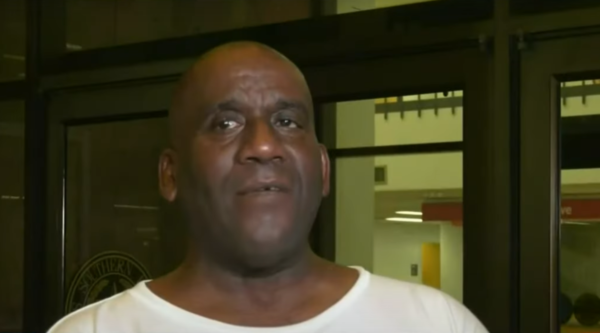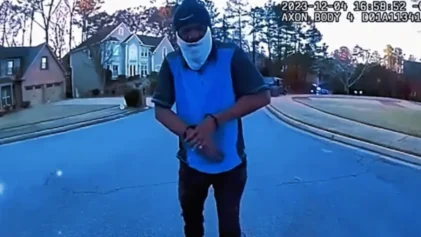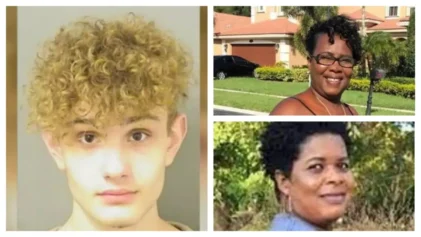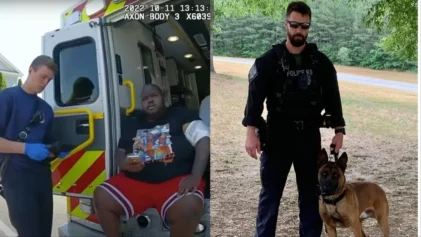A 62-year-old Houston man was arrested and spent three days in jail after he was charged for illegal voting after he waited six hours to cast a ballot in the 2020 presidential primary elections.
Hervis Rogers violated Texas law when he voted in the November 6, 2018, general and special elections and the March 3, 2020, Democratic primary election, according to the state attorney general’s office. Rogers was ineligible to vote because he was on felony parole for a 25-year sentence for burglary.
Rogers now faces up to 40 years in prison for two counts of illegal voting, a second-degree felony in Texas. Rogers was arrested on July 7 and held at Montgomery County Jail before being released on July 10.

The Bail Project said in a statement that it posted Rogers’ $100,000 bail. “Voting restrictions and the expansion of the cash bail system go hand in hand” said Robin Steinberg, founder and CEO of The Bail Project. “Mr. Hervis’s situation is a textbook example of how these systems intersect to undermine our fundamental rights and target minorities. In their fevered desire to suppress the turnout of people of color, the Texas Attorney General has engaged in political theatre, while using the bail system to send a targeted message of fear.”
Rogers’ story went viral last year when he told CNN he waited “a little bit over six hours” at a polling center to cast a vote.
“I figured like it was my duty to vote. I wanted to get my vote in to voice my opinion. And I wasn’t going to let nothing stop me. So I waited it out, “he told CNN the Wednesday morning after he cast his ballot at a polling center located at Texas Southern University in Houston.
But according to an indictment from the Texas attorney general’s office, Rogers was previously convicted on felony burglary charges in 1989 and 1995. Therefore, Rogers committed a felony offense when he voted in an election in which he knew he was ineligible.
The American Civil Liberties Union of Texas, which is representing Rogers, told CNN he did not know he was voting illegally.
“That’s why he went and stood in line for almost seven hours and spoke to CNN about it. He felt he was doing the right thing,” Andre Segura, ACLU Texas’ legal director explained. “Where’s the evidence he knew or intended to vote illegally?
Former felons are permitted to vote in Texas after they’ve completed all terms of their supervised release, including parole.
Texas Republicans are set to vote on two restrictive voting bills this week in a special session led by Gov. Greg Abbott. Critics of the bills say they would unfairly impact Black voters. The measures include new ID requirements for people voting by mail, would ban both 24-hour voting and drive-thru voting sites and increase criminal penalties for election officials, or people assisting voters.
“Texas already has some of the most restrictive voting laws in the country,” said Democratic House Representative Erin Zweiner, “and this is going to create even more hurdles to people voting.”


